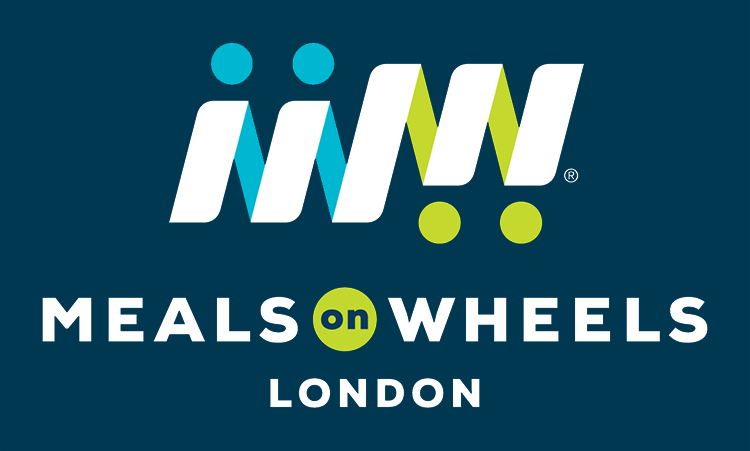All social entrepreneurs want to maximize their impact. But without a common way to measure impact, they are facing significant hurdles to collectively sharing the story of social enterprise with the community, funders and investors.
The Ontario Ministry of Economic Growth and Development’s (MEDG) Impact Measurement Task Force (including Pillar's Social Finance Manager Andre Vashist) cultivated an Action Plan for Ontario social enterprises that recommended there needs to be a common way to measure impact in Ontario—essential for the future of social entrepreneurship. With these goals in mind, Pillar Nonprofit, supported by the MEDG, hosted an Impact Mapping workshop to help 18 social entrepreneurs measure and maximize their impact in their communities, as well as provide discussion and feedback on the proposed common approach to measuring impact.
Share your feedback on the Task Force’s plan for a common approach by filling in our survey.
The workshop held a variety of discussions, including why we measure impact. Measuring impact can help communicate a social enterprise’s core message to others, and encourage others to get more involved in social entrepreneurship themselves! It also can measure social enterprises’ progress as a sector, and provide a way to quantify the social impact in the community. This, in turn, attracts investors and funders to continue social enterprises’ growth. In the end, all these factors culminate into one core mission: to improve the programs and increase the impact for the people social enterprises serve.
The workshop established that a common approach must put the needs of social enterprises first—making sure that the approach is useful for their operations and working with investors. They discussed that there needs to be a way to demonstrate to social enterprises the value of demonstrating impact in this new way.
The United Nations Sustainable Development Goals (UNSDGs) provide a common way for social enterprises to map their social impact. The UNSDGs promote equality, end to injustice, and a more resilient planet—core aspects of many social enterprises’ missions! The UNSDGs were a positive mapping exercise to put London’s impact into a global context. No matter how small or large a social enterprises’ impact is, it all makes a difference.
Adam Fearnall, of Project Impact—a project dedicated to ensuring evaluations include and benefit the people social enterprises serve—ended the workshop with a facilitated 30 minute discussion on the barriers to effective evaluation. Pillar will use this discussion to better support organizations’ impact measurement goals.
The event was a success, with significant ground gained on a common approach to measure impact and mapping local impact to the UN SDGs. To top it all off, the event was catered by social enterprise Meals on Wheels London —recently rebranded!—who with this fundraiser gave out three meals in the community for every meal catered.

